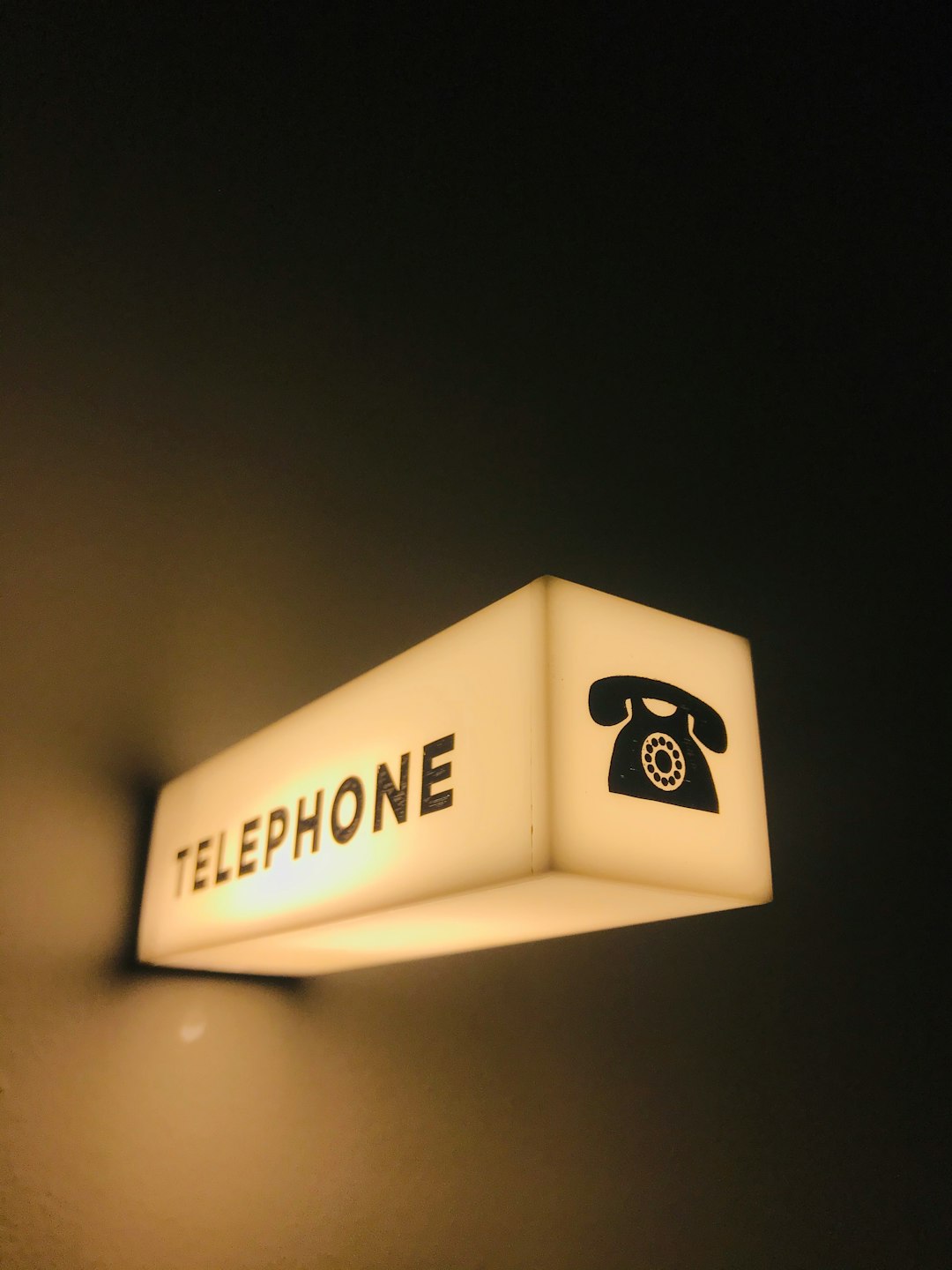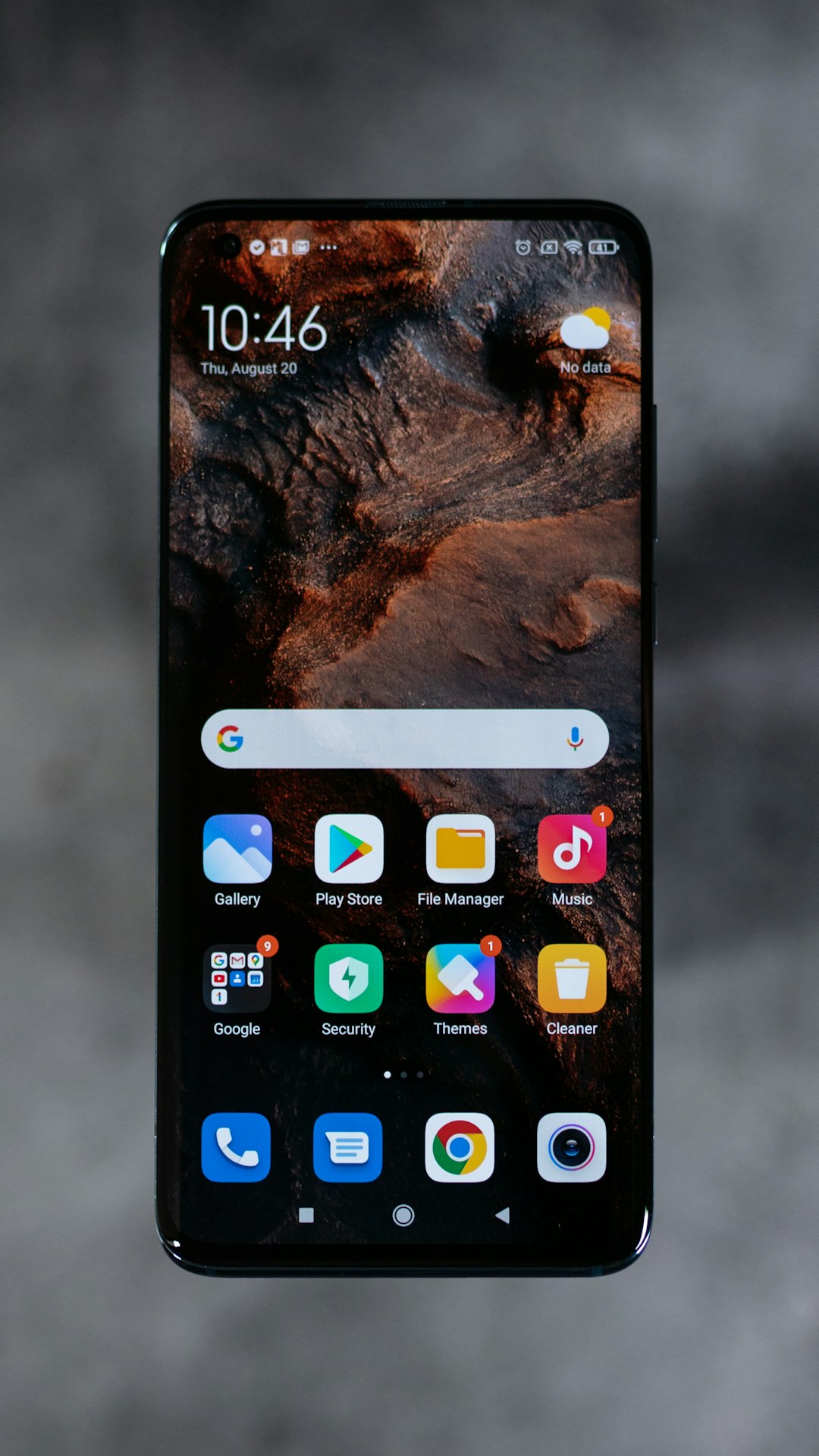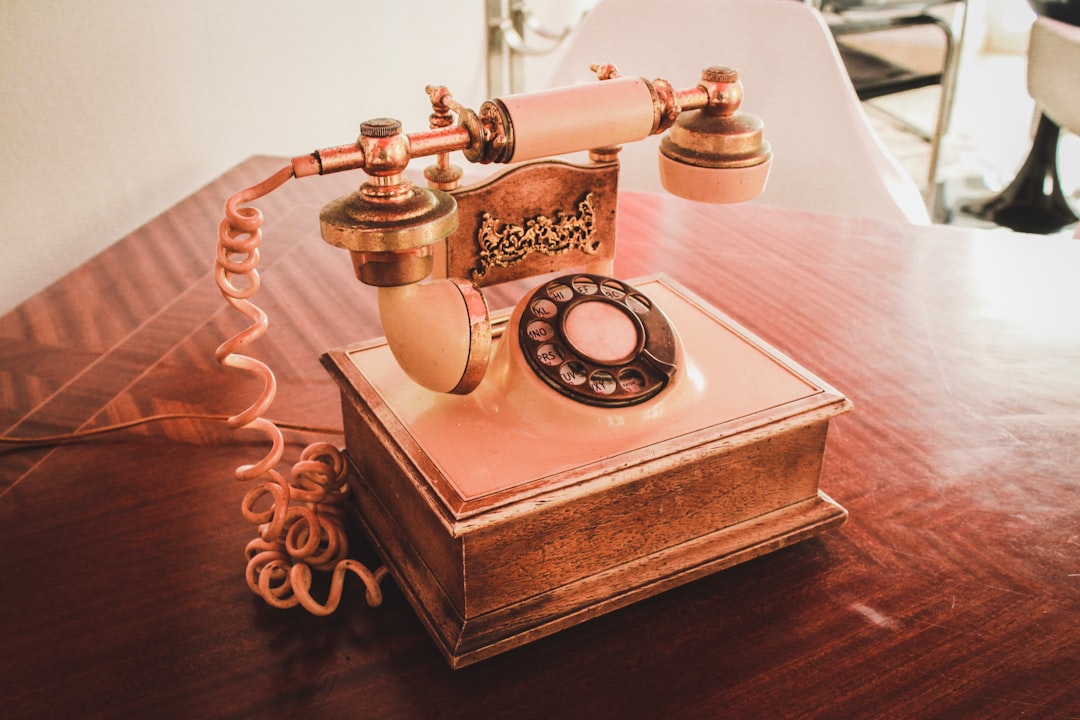Minnesota's stringent Spam Call Law protects residents from unwanted telemarketing calls using automated dialers or prerecorded messages, unless explicit consent is given. Consumers can file complaints against violators, including spam call law firms, and opt-out at any time, registering on the National Do Not Call Registry. The Attorney General's Office and Minnesota Public Utilities Commission (MPUC) enforce these laws with substantial penalties, ranging from $10K to $50K per incident, aiming to prevent intrusive marketing practices and protect residents' privacy.
In Minnesota, telemarketing laws are in place to protect consumers from unwanted calls, especially those deemed as spam. Understanding these regulations is crucial for both businesses and residents. This article delves into the intricacies of Minnesota’s telemarketing laws, explaining what constitutes an unwanted call, the rights of consumers, and the consequences for violators. For businesses aiming to avoid legal pitfalls, consulting a spam call law firm in Minnesota is advisable to ensure compliance.
Understanding Minnesota's Telemarketing Laws

Minnesota has strict telemarketing laws in place to protect residents from unwanted and harassing phone calls, including spam calls. These regulations are designed to ensure that consumers have control over their phone lines and can enjoy a peaceful environment free from nuisance calls. The Minnesota Attorney General’s Office plays a pivotal role in enforcing these laws, providing guidance, and assisting individuals who have been victims of telemarketing fraud or abuse.
Under the Minnesota Spam Call law, businesses are prohibited from making automated or prerecorded phone calls to residents without prior express consent. This means that if you haven’t given permission for a company to contact you using these methods, it’s considered a violation of the law. The state offers various resources and channels for consumers to file complaints against telemarketers who break these rules, empowering individuals to take action against unwanted spam calls.
What Constitutes an Unwanted Call?

In the context of Minnesota telemarketing laws, an unwanted call is typically defined as any phone call made for purposes of soliciting or promoting products, services, or fundraising activities, when the recipient has not given explicit consent. This includes calls from both automated dialers and live agents. The Spam Call law in Minnesota is designed to protect residents from these unsolicited calls, ensuring their peace and quiet.
Under this law, a call is considered unwanted if it is made to any telephone number with the use of an automatic dialing system or a prerecorded message without the prior express consent of the called party. Additionally, even if a consumer has previously done business with a company or given vague consent, they have the right to revoke permission at any time and expect their number to be added to a “do not call” list.
Rights of Consumers Under Minnesota Law

Under Minnesota law, consumers have substantial rights when it comes to protecting themselves from unwanted telemarketing calls, often known as spam calls. The state has implemented strict regulations to curb excessive and intrusive marketing practices. According to the Minnesota Spam Call Law, businesses are prohibited from making automated or prerecorded phone calls to Minnesota residents without their prior explicit consent. This law grants consumers the power to decide when and how they receive marketing communications.
Consumers can register their phone numbers with the National Do Not Call Registry, which is recognized by federal law and enforced in Minnesota. By doing so, they indicate their preference to limit telemarketing calls. Moreover, Minnesota’s law allows residents to request that specific companies stop calling them at any time. Any violation of these rights can lead to legal action, ensuring that consumers have a voice in protecting their privacy and peace of mind from relentless spam calls.
Enforcement and Penalties for Violators

In Minnesota, the enforcement of telemarketing laws is handled by the Attorney General’s Office and the Minnesota Public Utilities Commission (MPUC). If a law firm or telemarketer violates the state’s spam call regulations, they can face significant penalties. Fines for each violation can range from $10,000 to $50,000, with additional costs if the case goes to court. These penalties aim to deter companies from making unwanted calls and protect Minnesota residents from intrusive marketing practices.
Violators may also be required to pay treble damages to affected individuals, meaning the recipient can claim three times their actual damages. This provision is designed to compensate victims for their trouble and ensure that telemarketing firms take these laws seriously. The MPUC and Attorney General’s Office regularly review complaints and investigate reported violations, working together to maintain compliance with Minnesota’s strict spam call laws.






